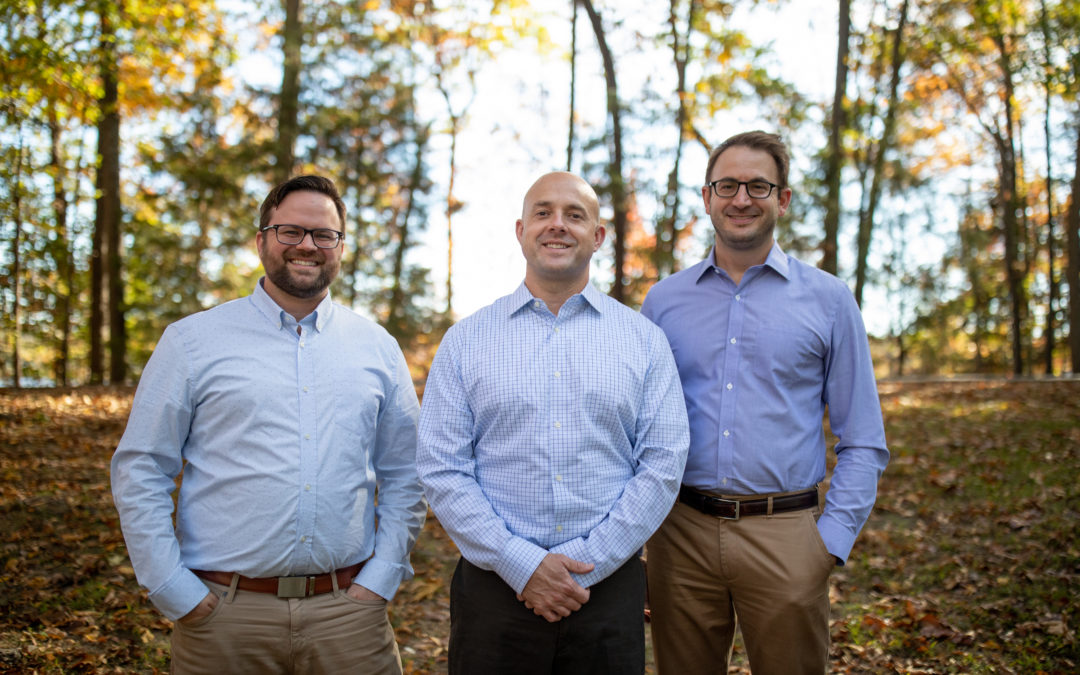Endodontics is a specific type of dentistry concerned with the tooth pulp (aka the inside of a tooth), which consists of living blood vessels and connective tissue. The tooth pulp is the most important part of the tooth.
What is Endodontics?
Endodontics is essentially the business of saving the innermost parts of your teeth where your tooth’s blood vessels and nerves live in order to preserve your natural oral health. In other words, it is the study and treatment of dental pulp.
What is an Endodontist?
An endodontist is a specialty dentist that works on treating root canals, which tend to have a bad reputation because they are infamous for being painful. However, root canals are not really that terrifying or as painful of a procedure as most people think. Modern endodontists utilize state-of-the-art technologies and anesthesia when performing endodontic procedures creating a better experience for patients.
Education for Endodontists
Endodontists are required to complete a bachelor’s degree, then four years of dentistry school before finally completing endodontic specialty training in residency, for a total of ten years of education after the completion of high school. After this, one must also sit before the Board of the American Association of Endodontists to receive board certification. This is part of the reason why fewer than 3% of dentists are endodontists, because it is a very specialized field. However, this is a huge asset because it means that should you find yourself in a seemingly precarious situation experiencing tooth pain, you can rest assured that endodontic treatment will provide you with the key to maintain your oral health because these specialists are highly trained with many years of dental training under their belt.
Dentist vs. Endodontist? Which one should I use?
It is important to note that all dentists have received endodontic treatment training, to an extent. It is best practice to first go to your general dentist with any questions or concerns regarding tooth pain. If endodontic care is required, your dentist will most likely refer you to an endodontist, who will be able to provide you with more efficient and detailed care tailored to your unique needs.
Top Three Reasons to See an Endodontist vs. a Dentist
Here are three reasons for why you might need to use an endodontist rather than a general dentist for root canal treatments:
- Endodontists have spent additional time completing advanced training in school when compared to general dentists.
- Endodontists also have more experience with advanced technology, which yields enhanced results for patients.
- In general, a regular dentist will only perform two root canals each week, while an endodontist will perform around 25 root canals each week.
Essentially, for something serious related to your inner tooth, such as a root canal surgery, you want to seek the more practiced hands of an endodontist to ensure that you can feel safe and secure knowing you are given the best possible treatment. An endodontist can certainly provide you with the specialized attention and care that you need.
What Do Endodontists Treat?
Typically, endodontists treat the tooth pulp that has decayed or undergone damage. A patient’s tooth pulp might need treatment for a few reasons:
1. Tooth Decay
Tooth decay occurs when the outside layer of your tooth (enamel) begins to wear down and decay. After some time this decay can work its way into your pulp chamber where it causes severe toothaches and permanent damage to your tooth’s blood vessels and nerves.
2. Tooth Abscess
A bacterial infection might lead to the creation of a tooth abscess or pocket of pus on your gums or around the root of your tooth.
3. Tooth Injuries
Dental injuries can occur as a result of an accident or even a sports injury.
4. Cracked Tooth
Having a cracked tooth is, unfortunately, a common condition. This can result from chewing on hard or crunchy foods, grinding one’s teeth at night, or even an injury from playing contact sports. In some cases, a cracked tooth can even occur naturally.
Which Procedures Can Endodontists Perform?
According to the American Association of Endodontists, endodontists can perform many different procedures including:
1. Simple Root Canals
A simple root canal is aimed at saving your natural tooth and preventing the need for extracting the tooth.
2. Endodontic Surgeries
Although nobody likes to hear that they require surgery, in some cases, a surgical root canal surgery is required to treat more severe infections and decay or to treat harder to reach areas.
3. Traumatic Dental & Oral Injuries
Typically, around 33% of the world’s population is impacted by dental trauma before 35 years of age. Such dental injuries can include cracked or chipped teeth resulting from accidents or sports injuries.
4. Root Canal Retreatments
Sometimes, after a root canal procedure, the patient’s teeth might not heal as expected, which could lead to a new infection. In these situations, one option is root canal retreatment, which is meant to save the tooth from being extracted. This is often preferred because keeping the natural tooth typically yields healthier results.
5. Dental Implants
While it is uncommon and our practice will typically refer patients to a cosmetic dentist, some endodontist can perform dental implants. Dental implants are essentially replacement tooth roots. Another thing to consider is that, typically, dental implants are not covered by insurance.
We Are Here To Help
At East Coast Endodontics, our team is more than ready and committed to provide you with a seamless endodontic procedure that will leave you feeling relieved and stress-free so that you are ready to take on the world with a happy and healthy smile.

About the Author
Dr. Harris has been a practicing dentist since 2005. In 2012, he received his Master’s of Science in Dentistry and a certificate in Endodontics. He founded East Coast Endodontics shortly after receiving his master’s degree. He also currently holds a part-time position as a Clinical Assistant Professor for the Endodontics department at Virginia Commonwealth University. View his full bio.

